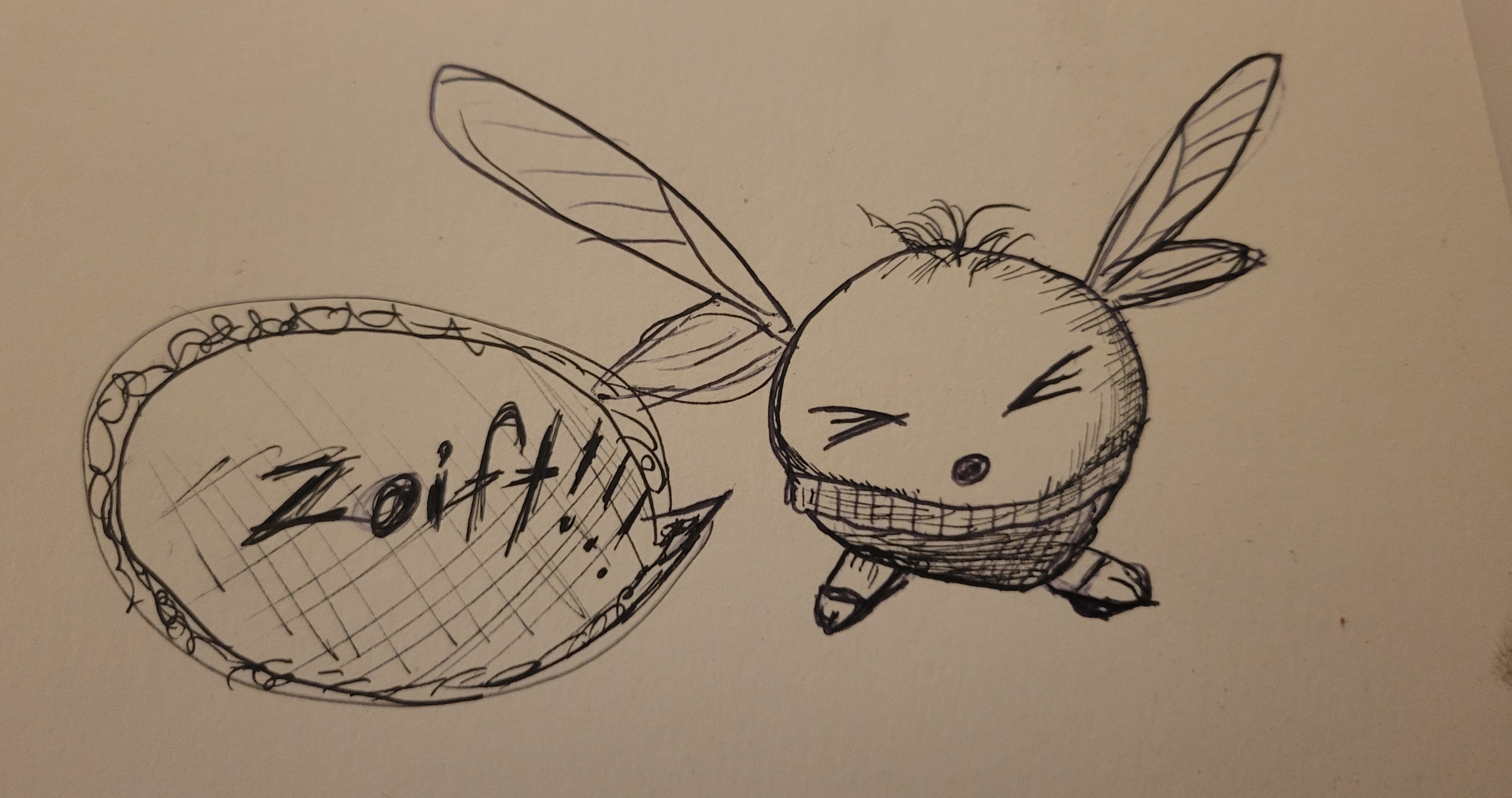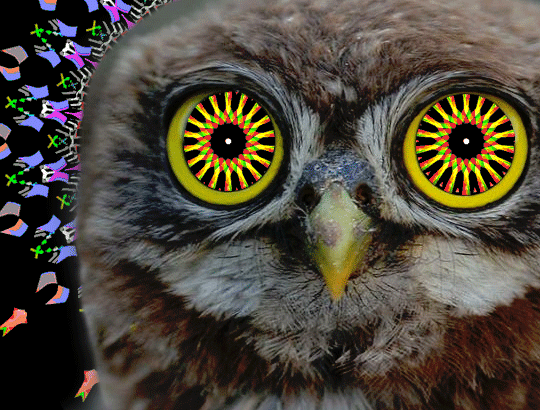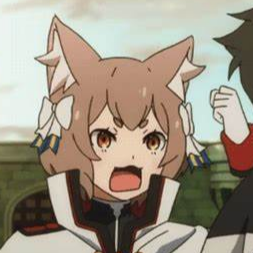The October Revolution, officially known as the Great October Socialist Revolution under the Soviet Union, also known the Bolshevik Revolution or Red October, It constituted the radicalization of the Russian Revolution of 1917, after the February Revolution and the abdication of Tsar Nicholas II.
It was led by the Bolshevik Party under the leadership of Vladimir Lenin, it meant the first declared socialist revolution of the 20th century, with the participation of workers, peasants and soldiers through the soviets. At the end of the First World War, peace, bread and land were proposed for the people. Equality between men and women. Education and culture in their own languages for the different nations of Tsarist Russia. It proved that a government run by peasants, workers and soldiers was possible.
The October Revolution was one of the most important events in contemporary times. Its impact was palpable in both America and Europe. Although the Revolution did not spread Communism as an immediate effect, it gave other troubled Third World countries an example to follow. Decades later, the philosophical / governmental model would take on renewed prominence as the Soviet Union, turned into a socialist state and an economic and military superpower, faced the United States in the Cold War.
Economic causes :stonks-down:
The economic causes of the Russian Revolution are largely attributed to the mismanagement of the Tsar, adding the Empire to the First World War. More than fifteen million men joined the army, which left insufficient numbers of workers in factories and farms. The result was a widespread shortage of food and raw materials. The workers had to endure terrible working conditions, including twelve to fourteen hour shifts and low wages.
Large riots and strikes broke out demanding better conditions and higher wages. There was a protest to which Nicolás responded with violence, in response, the industrial workers went on strike and effectively paralyzed the railroad and other transport networks. In 1917, famine threatened many of the big cities.
Social causes :angrels:
The social causes of the Revolution have their origin in centuries of oppression of the Tsarist regime on the dispossessed.
About 85% of the Russian people were part of the peasantry, oppressed by the feudal aristocracy and imperial officials. Vassal, commonly associated with the Middle Ages, accurately describes the social situation of Russia in the early 20th century.
World War I only increased the chaos. The huge demand for industrial production of war articles and workers caused many more insurrections and strikes. Furthermore, as many workers were needed in the factories, the peasants migrated to the cities, which were soon overcrowded, living under rapidly worsening conditions. To top it all, while the amount of food required by the army was increasing, the supply behind the front became poorer and poorer. The sum of all the above factors contributed to a growing discontent among Russian citizens, which would later lead to the Revolution.
Political causes :marx-goth:
From at least 1904, the workers of Russia suffered a dire economic situation. Many of them worked eleven hours a day. Health and safety conditions at work were precarious, and wages fell. There were numerous strikes and protests over time. Most of them were ignored by the tsarist government or repressed, sometimes in a bloody way.
The failure of Russian foreign policy, especially in the Far East with the failed attempt to conquer Manchuria and the debacle of the imperial army and navy during the Russo-Japanese War of 1905 caused deep discomfort in different social sectors of the country.
Part of the intellectual class (educated in many cases in the West) also rejected the tsarist autocracy. In 1915, the situation became critical when Nicolás decided to take direct control of the army, personally supervising the war front and leaving his incapable wife Alejandra in charge of the government. By October 1916, Russia had lost between 1.6 and 1.8 million soldiers, to which must be added two million prisoners of war and one million missing. These figures did little to morale in the army. Riots began, and in 1916 rumors of fraternization with the enemy began to circulate. The soldiers were starving and short of shoes, ammunition, and even weapons. Nicholas was blamed for these calamities, and what little support he still had left began to falter.
As this general discontent and hatred for Nicholas II grew, the Duma (the lower house of the Russian parliament made up of landlords, citizens, industrial workers and peasants) issued a warning to the Tsar in November 1916, declaring that the disaster upon the nation if constitutional reforms were not implemented. As expected, Nicolás ignored it. The result was not delayed, and, several months later, the regime collapsed during the February Revolution of 1917.
The October Revolution :lenin-da:
On October 25, 1917 (November 7 according to the Gregorian Calendar), the maximum leader of the Bolshevik Party, Vladimir Ilyich Ulyanov Lenin, led the uprising in Petrograd, the then capital of Russia, against the provisional government of Alexander Feodorovich Kerensky.
The Red Guard, led by the Bolsheviks, seized the main government buildings before launching a final assault on the Winter Palace during the night of November 7-8. The assault, led by Vladimir Antónov Ovséyenko, was launched at 9:45 PM after a salvo shot from the Cruiser Aurora. The palace was taken around two in the morning of the 8th; November 7 would be officially established as the date of the Revolution.
Consequences :stalin-pipe:
The heroic days of October - as described by the American journalist John Reed - shook the world. A new epoch has opened for humanity. No subsequent event can overshadow the greatness of the Russian Bolsheviks. On November 7, 1917, the highest of the European political intelligentsia was combined with the revolutionary spirit of the Russian working class and the struggle of the peasants for land and their rights.
The exploits of 1917 and the years in which Lenin led the process constitute milestones of exemplary and imperishable value in the struggle of the peoples for the conquest of freedom. For years and decades, the communists and the people of the USSR fought colossal battles and made prodigious advances in the economic, social, political, cultural and military fields. In a relatively short historical time, they turned the impoverished and exploited country they inherited into a world power of the first order.
The Russian Revolution was the first to be won by the proletariat, since the French Revolution - bourgeois in character - left intact capitalist private ownership of the means of production as the prevailing economic system. Instead, the Russian Revolution was the tangible proof that the outcasts of the earth needed to be sure that Marx's dream was not unreal.
The Great October Socialist Revolution opened for Humanity a new era, that of the passage from the theory of scientific socialism to the human practice of socialism.
Socialist revolution :hammer-sickle:
It is nothing more than a radical qualitative transformation of society, which marks the transition from capitalism to socialism. The socialist revolution substitutes the relations of production of domination and subordination, based on private property, by the relations of collaboration and mutual aid, with which the exploitation of man by man is liquid. It has a creative character.
Comprehensive list of resources for those in need of an abortion :feminism:
Resources for Palestine :palestine-heart:
Here are some resourses on Prison Abolition :brick-police:
Foundations of Leninism :USSR:
:lenin-shining: :unity: :kropotkin-shining:
Anarchism and Other Essays :ancom:
Remember, sort by new you :LIB:
Follow the Hexbear twitter account :comrade-birdie:
THEORY; it’s good for what ails you (all kinds of tendencies inside!) :RIchard-D-Wolff:
COMMUNITY CALENDAR - AN EXPERIMENT IN PROMOTING USER ORGANIZING EFFORTS :af:
Come listen to music with your fellow Hexbears in Cy.tube :og-hex-bear:
Queer stuff? Come talk in the Queer version of the megathread ! :sicko-queer:
Monthly Neurodiverse Megathread and Monthly ND Venting Thread :Care-Comrade:
Join the fresh and beautiful batch of new comms:
!worldbuilding@hexbear.net :european-soviet:
!labour@hexbear.net :iww:
Hi Nerds New Megathread, Start Posting :posting:
Also Today is the Birthday of two Nerds
Leon Trotsky :chad-trotsky: , born on this day in 1879, was a Soviet revolutionary, Marxist theorist and politician whose particular strain of Marxist thought is known as Trotskyism. Key characteristics of Trotskyist thought include the concepts of "Permanent Revolution" and the "United Front" of revolutionaries and reformers against common enemies.
Nestor Ivanovych Makhno :anarchy-a-white: , born on this day in 1888, was a Ukrainian anarchist revolutionary and the commander of an independent anarchist army in Ukraine from 1917-21. Makhno was the commander of the Revolutionary Insurrectionary Army of Ukraine, commonly referred to as the Makhnovshchina (loosely translated as "Makhno movement"). The Makhnovshchina was a predominantly peasant phenomenon that grew into a mass social movement.
they both fought against each other in Ukraine and Both died in Exile
todays megathread brought to you by EcuRed aka Cuban Wikipedia :PCC:
@aaaaaaadjsf @Abraxiel @Antilope @Alaskaball @AlexandairBabeuf @Arahnya @bbnh69420 @budoguytenkaichi @buh @Bunhead @CARCOSA @CDommunist @Cherufe @ClathrateG @ClimateChangeAnxiety @clover @comi @communistfuckface @ComradeCmdrPiggy @ComradeEchidna @context @CopsDyingIsGood @crime @DashEightMate @DasKarlBarx @DeathToBritain @Dirt_Owl @Downanotherday @Eco @Edelgard @ella @el_principito @EmmaGoldman @FunkyStuff @GalaxyBrain @GarfieldOfficial @Grownbravy @inshallah2 @JamesConeZone @Kanna @Kaputnik @Koa_lala @LeftistJerrySeinfeld @Lenins2ndAccount @LeninWeave @Lil_Revolitionary @marxisthayaca @MaybeNickCage @Melon @MeltyBloodPlayer @Ness @Ossay @plantifa @PM_ME_YOUR_FOUCAULTS @PorkrollPosadist @PurrLure @Ram_The_Manparts @Redcuban1959 @REallyN @Rem @renamon @riffraff_diktat @RoseColoredVoid @Sandinband @Shitbird @Starwalker @SorosFootSoldier @TheGhostOfTomJoad @TrollBoy @ultraviolet @viva_la_juche @WIIHAPPYFEW @Wmill @wtypstanaccount04 @Yanqui_UXO @Zoift
Do you think if Trotsky rose to power after Lenin, there would be equally annoying Stalinists criticizing all types of AES? I think it would be a funny timeline to live in
No. There would be too many newspapers for anything else to exist. The world would go black and white so as to better conform to being printed in a newspaper
Kruschev's de-Trotskyzation program would ban the printing of all newspapers, replacing each page with an ear of corn :corn-man-khrush:
Trotsky’s birth, Makhno’s birth, AND the October Revolution were all today? This is communist Christmas!
That's fucking hilarious that Makhno and Trotsky share a birthday. Also wasn't Makhno a weirdo rapist warlord?
Not particularly, as far as I’m aware. They tried to stick debauchery and anti-semitism to him, antisemitism is very likely bs, debauchery is seemingly was general behaviour there, but outside of alcohol nothing particularly solid to him exactly.
Also, bolsheviks were accused by whites of exact same thing with women, so take it however you will
alcoholism is the more core trait of a communist revolutionary
:pbr::solidarity::meow-anarchist::solidarity::meow-tankie::solidarity::pbr:
no, there were a lot of claims by the Red Army, but conversely that's exactly what the Black Army said about the Reds. it's basically a game of one word against another in two groups that disagreed with eachother. we don't know the truth and there are no unbiased sources. there's no proof of any of it other than conjecture. it should be seen as a tragedy that the Red army and Black army couldn't see eye to eye and have a stronger unity between one another, more dead leftists is no good for any of us
Alrighty, conjecture then. I mostly read Bolsheviks sources cause I'm not an anarchist.
as I once said on here before on this topic "history is not an outright ‘these are the good guys who did nothing wrong, and these are the bad guys who were 100% evil’ "
that part can very much be strongly argued against, though nothing can be outright proven one way or the other, it's more the 'banditry' thing that's up in the air
Weirdo? Yes. Warlord? Ehhhhhh.... Rapist? Probably not. From what I've heard the rapist accusation came many years after his death from a former lover, isn't supported by any other accounts, and doesn't move well with the makhnovinchnia policy of shooting rapists on sight.
I'm suspicious of anyone that names something after themselves. Including John Bon Jovi.
I went down to the living room to chill but then I remembered why I stay in my room. Being around my parents is so anxiety inducing.
Met a cute guy :crush:
Get talking and find out he's anti-capitalist :isaac-pog:
He's really sweet and friendly and we have a lot in common :meow-bounce:
...and then he mentions he's anti-vax :agony-shivering: :cri: :meow-tableflip:
Leftists once again proving they are dummies: celebrating october revolution in november smh
Im 7 episodes in Inside Job, i like it my favorite moment was the "most conspiracies are just capitalism"
Watching shocking conspiracy videos and waiting for the surprising part to start
I just saw a homeless person scavenging for food and got really sad that a rich person might have to suffer through seeing it too :(
Its 2:30, both my parents are home, and for some reason my brother thinks its a good time to have shower sex with his girlfriend WHAT THE FUCK
Got super fucked up on acid and started reading Borges in the club again
It's said that American men have over 200 different words for "this woman makes me horny and I'm upset about it"









